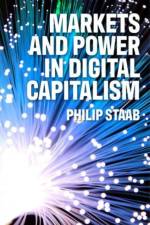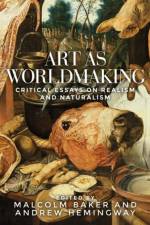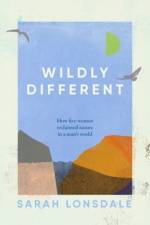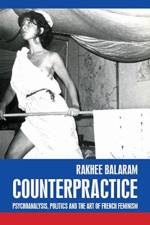1 217
In the Western cultural production that puts individual or collective fear at its centre, East and Central Europe has been portrayed as an othered space of horror - lawless, frightening zones where anything can happen. Despite social and political changes in the region after the fall of communism that sparked hopes for the Easterners to join the modernised (and much desired) West, East/Central Europe remained a 'cursed zone.' Contemporary Slavic horror across media: Cursed zones is the first scholarly volume solely devoted to Slavic horror fiction. Focusing on the mid-20th century through the present, the book assesses current trends in Czech, Polish, Russian, Slovak, Ukrainian, and East/Central European horror media. With threefold objectives - educational, methodological, and critical - in mind, the politics and history of the region are the main frameworks for the anthology. Our contributors focus on crucial questions we face today, such as the migration crisis, war subjectivities in the post-Soviet context, modern forms of misogyny, and contemporary variants of emancipation, as well as rewriting East/Central European historical events through a diversity of media, including film, literature, video games, music, music videos, and visual art. We aim to problematise these issues through a careful examination of how horror is manufactured, distributed, and manipulated in Slavic regions. By doing so, we hope to tame 'the Easterner Other' and exorcise 'monstrous' East/Central Europe.






